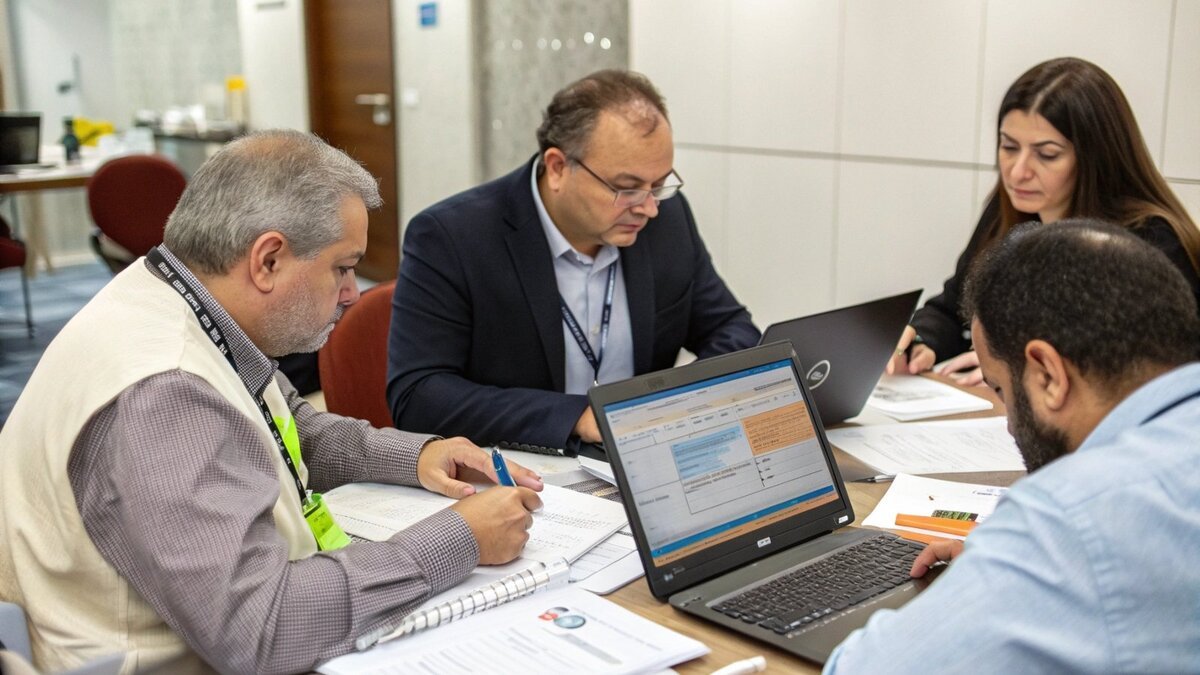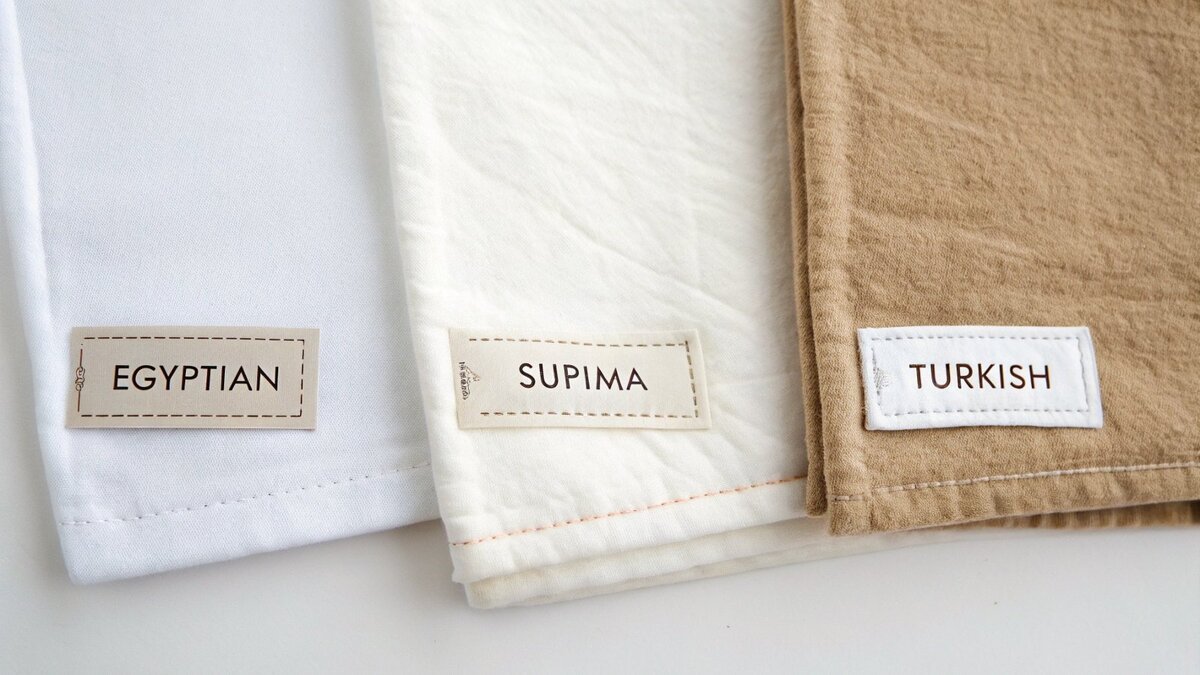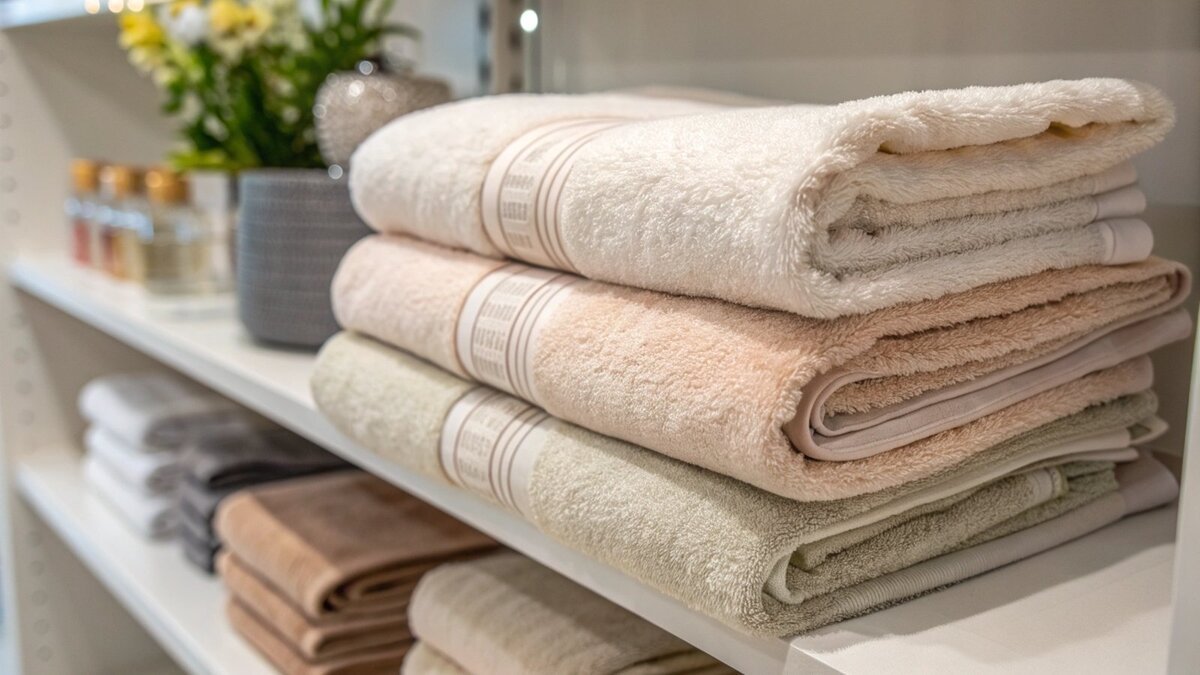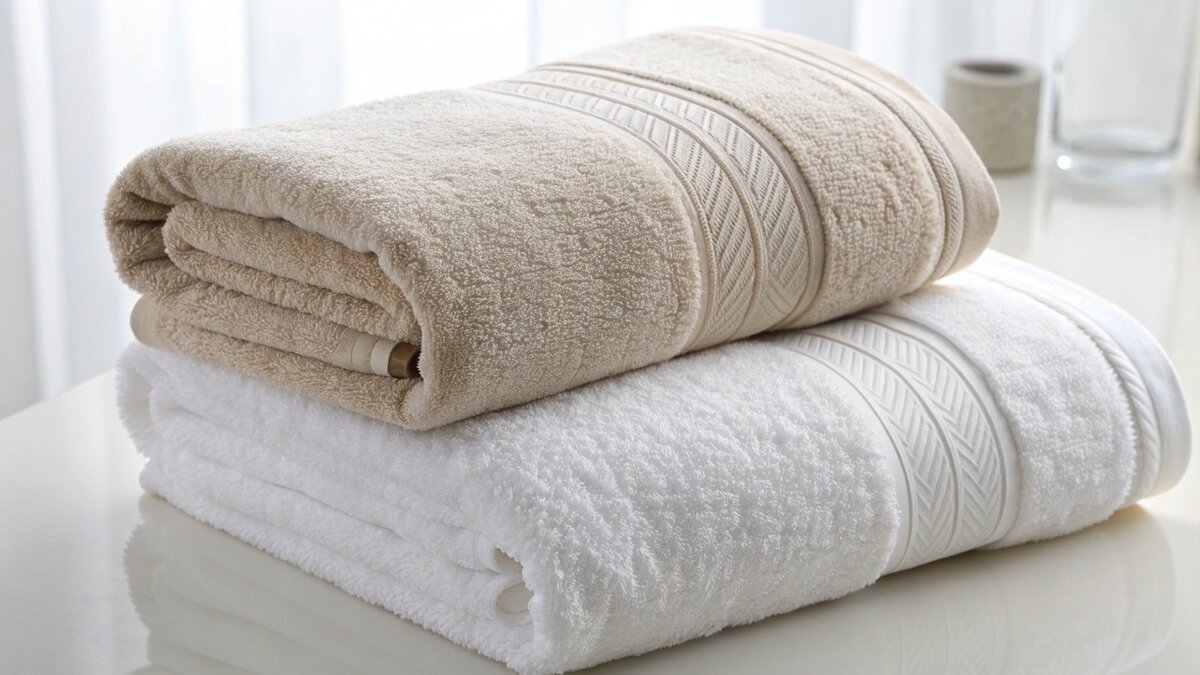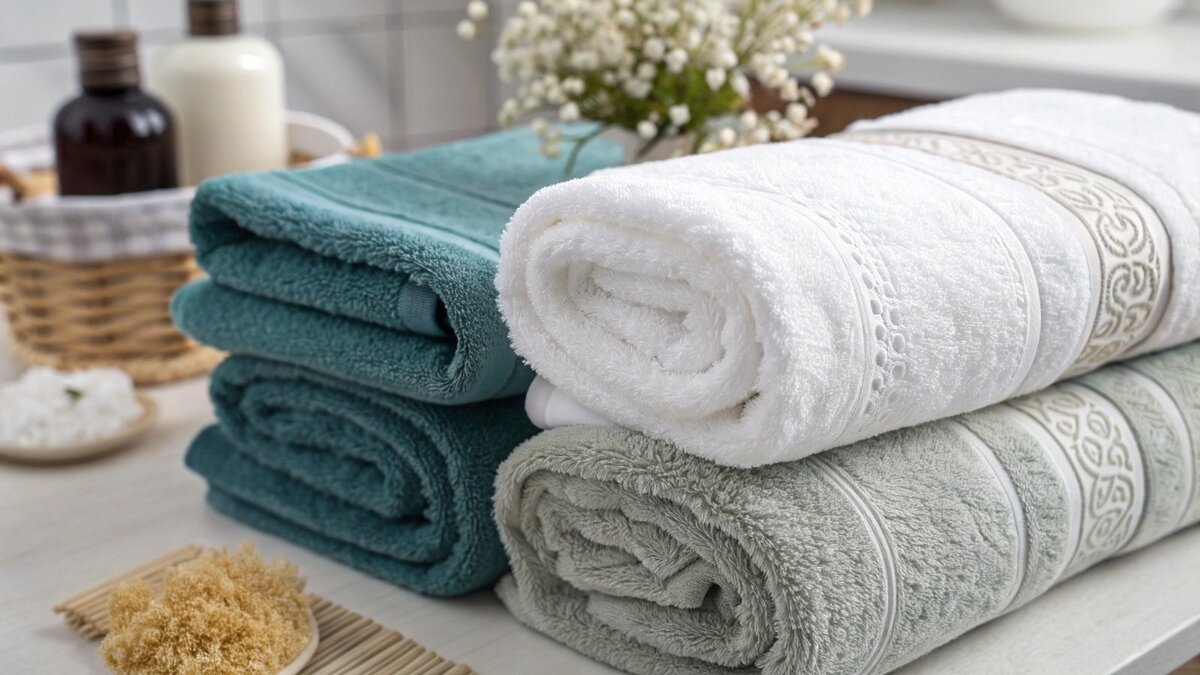Sourcing towels feels complicated, and asking the wrong questions can lead to costly mistakes. I will help you ask the right questions to find the perfect supplier for your brand.
The most important questions involve cotton type, GSM, MOQ, lead times, and certifications like OEKO-TEX. Asking about these details ensures you get the quality, safety, and production schedule your brand needs to succeed. It protects your investment and builds customer trust.
Over my years in this industry, I’ve seen many new brand owners feel intimidated when talking to manufacturers. They worry they don’t know the right terms. But you don’t need to be a textile expert. You just need to know what matters for your final product. The questions we’re about to cover are the exact ones I use to guide my clients. They will help you start a confident conversation with any supplier. Let’s begin with the most fundamental topic: the cotton itself, which forms the foundation of your towel’s quality.
Which is the best cotton for towels?
With so many cotton types available, it’s hard to know which is right. Choosing the wrong one can disappoint your customers and hurt your brand. Let’s break down the options.
The "best" cotton depends entirely on your brand’s goal. For pure luxury and maximum absorbency, Egyptian or Supima cotton is top-tier. For quick-drying performance, perfect for gyms or humid climates, Turkish cotton is the ideal choice. It’s about matching the fiber to your customer’s needs.
When I talk with new clients, the first thing we discuss is their target market. The "best" towel for a five-star hotel is different from the "best" towel for an Amazon FBA seller targeting gym-goers. It all comes down to the cotton fiber.
Understanding Cotton Fiber Length
The secret to a great towel is the length of the cotton fiber, also known as the staple. Longer fibers create stronger, smoother yarns. Because there are fewer tiny fiber ends sticking out, the resulting towel feels softer, is more durable, and pills less over time.
| Here’s a simple breakdown of the main types: | Cotton Type | Key Feature | Best For |
|---|---|---|---|
| Egyptian | Extra-long staple, super absorbent | Ultimate luxury, spa & hotel | |
| Supima | American-grown extra-long staple | Premium softness & durability | |
| Turkish | Long staple, quick-drying | Gyms, travel, humid areas | |
| Upland | Shorter staple, standard quality | Everyday value, budget lines |
Egyptian and Supima cottons are the gold standard for plushness. Turkish cotton is a smart choice for performance. Upland cotton, which makes up most of the world’s cotton, is a reliable workhorse for everyday towels where budget is a key factor.
Are 100% cotton towels the best?
You see "100% cotton" on labels everywhere. But is it just marketing, or does it really make a better towel? Let’s look at what this label means for performance.
Yes, for almost all uses, 100% cotton towels are the best choice. They provide far better absorbency, softness, and breathability than towels blended with synthetic fibers like polyester. Natural cotton fibers soak up water, while synthetics tend to just push it around.
I once had a client who wanted to launch a towel line on a tight budget. They asked about using a cotton-polyester blend to save money. On paper, it seemed like a good idea. So, we produced two samples for them: one in 100% cotton and one in an 80/20 cotton-poly blend. Before even using them, the difference in feel was clear. But the real test was after the first wash. The 100% cotton towel fluffed up beautifully, feeling even softer and plusher. The blend felt thin and flat. That simple test made the decision for them.
Cotton vs. Blends: What’s the Difference?
When a towel is a blend, it usually contains polyester. Polyester is a plastic-based fiber. It is not absorbent. Manufacturers use it to lower costs or to make the towel dry a little faster. But this comes at a huge trade-off in performance. A blended towel will never feel as soft or dry you as effectively as a 100% cotton towel.
The Role of GSM
Even within 100% cotton, there’s a wide range of quality. This is where GSM, or Grams per Square Meter, comes in. It’s a measure of the towel’s density and weight.
- 300-400 GSM: Lightweight and thin. Good for kitchen or gym towels.
- 400-600 GSM: Medium weight. The standard for a good quality bath towel.
- 600-900 GSM: Heavyweight and ultra-plush. This is a true luxury, spa-quality towel.
Which is better, Egyptian or Turkish cotton towels?
Egyptian and Turkish cotton are both promoted as premium options. This makes choosing between them very confusing for brand owners. I’ll clarify the one key difference to help you decide.
Neither is objectively "better," they are simply different tools for different jobs. Egyptian cotton is the champion of absorbency and plushness, creating a thick, spa-like feel. Turkish cotton is slightly less absorbent, which allows it to dry much faster, making it perfect for daily use.
This is one of the most common questions I get from brands creating a premium product. Both Egyptian and Turkish cottons are known for their long-staple fibers, which means they are both soft and durable. The choice comes down to the specific experience you want to provide for your customer.
Absorbency vs. Drying Speed
The core difference is how each towel interacts with water.
- Egyptian Cotton: Its extra-long fibers create very dense, thirsty loops. They can hold a huge amount of water, which is why the towels feel so substantial and luxurious. They wrap you in warmth and get you dry quickly. The trade-off is that they hold onto that moisture for a long time, so they take longer to dry on the rack.
- Turkish Cotton: The fibers are also long, but the weave is typically a bit flatter and less dense. This structure is still very absorbent, but it doesn’t hold as much water as Egyptian cotton. This is a feature, not a flaw. It means the towel dries significantly faster, stays lighter, and is less likely to get a musty smell in humid bathrooms.
| Feature | Egyptian Cotton | Turkish Cotton |
|---|---|---|
| Absorbency | Maximum | High |
| Drying Time | Slower | Faster |
| Feel | Thick, Plush, Heavy | Soft, Lightweight |
| Best For | Luxury Bath, Spa | Gym, Travel, Humid Climates |
A few years ago, I helped a boutique hotel in a tropical location source their towels. They wanted the "best," so they started with Egyptian cotton. After a few weeks, their housekeeping team reported that the towels were always damp. We switched their order to premium Turkish cotton, and the problem was solved.
What are the cons of cotton towels?
Cotton seems like the perfect material for towels, and it mostly is. But are there any hidden downsides you should be aware of before placing an order? Let’s be honest about its few drawbacks.
The main cons of high-quality cotton towels are their slow drying time and heavy weight, especially for plush, high-GSM options. They can also develop mildew if left damp for too long and may absorb stains more easily than synthetic fabrics if not washed promptly.
While I believe cotton is the best choice, it’s important for brand owners to understand the full picture. Managing these potential issues is easy, and it’s often about educating your end customer on proper care to ensure their towels last a long time.
Drying Time and Mildew Risk
A towel’s greatest strength—its absorbency—is also linked to its main weakness. A thick, 700 GSM Egyptian cotton towel that soaks up a lot of water from your body will also be slow to release that water into the air. If it’s left in a crumpled heap on the floor or in a poorly ventilated bathroom, it can start to smell musty. This is why we always advise our clients to include care instructions telling customers to hang their towels up to dry fully between uses.
Weight and Bulk
Luxury means weight. A box of high-GSM towels is significantly heavier and bulkier than one filled with lightweight towels. For DTC brands, this directly impacts shipping costs. For hotels, it affects laundry capacity and storage space. It’s a practical consideration that needs to be factored into your business model. The luxurious feel comes with real-world logistical consequences, but for most premium brands, it’s a worthwhile trade-off.
Conclusion
Asking the right questions about cotton type, GSM, and care is crucial. This knowledge helps you source the perfect towels that align with your brand’s specific promise and budget.

